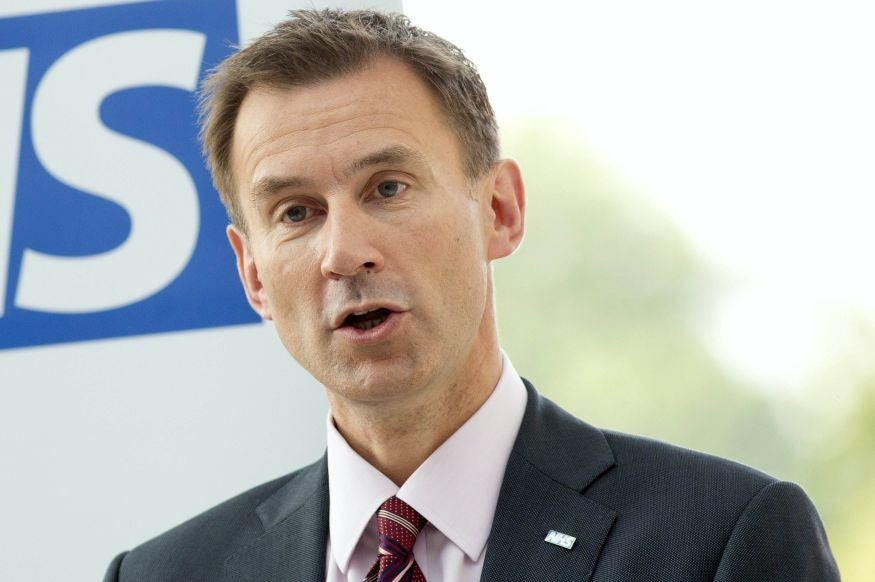The NHS has not yet inoculated itself against short termism
The simple fact is that EU or no EU, there are no magic millions available and the NHS has to reform – unless the Chancellor decides to mortgage the country even further to the hilt

With the National Health Service looking to make efficiency savings of £22bn by 2020-21, the age of austerity is still very much in evidence. Chancellor Philip Hammond may have spoken about “resetting” economy policy in the autumn statement, but resetting is not the same as ripping up and starting again – and nothing short of the latter will save the NHS from some pretty savage cuts somewhere along the line.
To that end, it has emerged that sustainability and transformation plans (STPs) are being drawn up by local health care authorities to examine how best the NHS can itself be “reset” to meet the savings targets imposed by the previous Chancellor, George Osborne. Proposals include the closure of hospital wards, the merger of discrete sites and the “review” of GP surgeries in areas where funding shortages are particularly acute. The uncovering of such plans, however early they may be in their formulation, has inevitably caused considerable alarm among local residents.
Few would doubt that the NHS is in a difficult predicament. A remarkable feat of planning when it was established after the Second World War, it has been the subject of piecemeal evolution in the subsequent seven decades, and of perennial political debate. An expanding, aging population places strains on the service which could not have been envisaged by its architects. And there is the added irony that advances in treatment can sometimes lead to more, not less, cost by virtue of keeping people alive much longer. The very sustainability of the NHS in its current form is not a question which can easily be avoided.
On the other hand, it is difficult to conclude that there are not efficiencies to be made. Under the coalition Government NHS spending on management consultants doubled – from £313m in 2010 to £640m four years later. And the much-vaunted cap on agency pay introduced by Health Secretary Jeremy Hunt in 2015 has been widely-flouted – up to 50,000 times a week by May this year. And in some scenarios, bringing together smaller units into single, better-equipped sites can make sense. In part though, past and current failings are a reflection of the short-termism which so frequently besets the National Health Service; the failure to train sufficient numbers of medical staff in this country, for instance, is unfathomable (and is unlikely to be improved by the closure of NHS bursaries for students wishing to take degrees in nursing and midwifery.)
Of course, some will cast their minds back to June and remember the rallying cry of those campaigning to leave the European Union – “Let’s give our NHS the £350m the EU takes every week”. With Brexiteers having got the outcome they desired, surely all will be well... Except that the figure was a nonsense from the moment it was emblazoned on the side of Boris Johnson’s battle bus. As he basked in the glow of victory, Nigel Farage agreed that there was no way the money could be guaranteed and that he – having been side-lined by the official Vote Leave campaign – wouldn’t have made the promise in the first place. The simple truth is that, EU or no EU, there are no magic millions available and the NHS has to reform – unless the Chancellor decides to mortgage the country even further to the hilt.
Diane Abbott, the shadow health secretary, has railed against the revelations, saying that they “testify to a real crisis”. And in a way she is right; but then, her bluster testifies to a crisis too – one at the heart of the Labour Party that brought Britain’s remarkable health service into existence in 1948 and which, in the NHS’s hour of need, has no cogent alternative vision for its future. Instead, it is embroiled in the kind of bloody in-fighting which, in the end, might require some serious medical attention. Will it still be free at the point of delivery by then?
Join our commenting forum
Join thought-provoking conversations, follow other Independent readers and see their replies
Comments
Bookmark popover
Removed from bookmarks